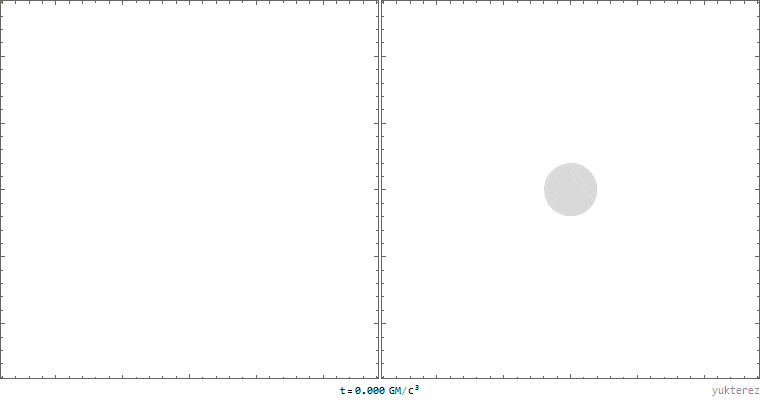As a gravitational wave propagates away from its source, how does its path get affected if a black hole is in its way? I was trying to picture it visually and here was my 'before' (with the line being the gravitational wave and the point being the black hole; also I am aware of the 2D nature of the drawings so there may be some aspects missing here based on that):
And my 'after' (apologies for the crude Photoshop drawing, the differences between the left and right side of 'wave' drawing are not intentional, let's just assume it's a universal 'bending'):
I initially thought of this because I had read in several places about the lensing of gravitational waves so gravitational forces must have some effect on the waves. If that's the case, then a black hole theoretically would have the ultimate effect on them. Would the waves continue on their path and just be 'stuck' in points where a black hole exists? And if so, would that just stretch its path out?
PS: This is possibly a duplicate of How do gravitational waves and black holes interact? but I wanted to ask a more specific question which is why I opened this up.




 from $t\approx 50$ to $t\approx 300$ is a "ringing" phase, after - "tail".
from $t\approx 50$ to $t\approx 300$ is a "ringing" phase, after - "tail".